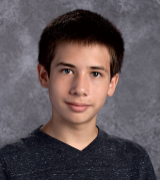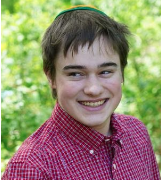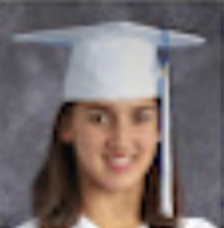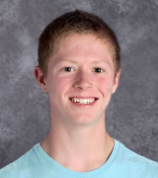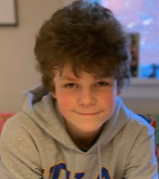About |
Team Members and Roles
Team HistoryMost of our team members (Noah, Porter, Isaiah, Lukas, and Sam) were involved in starting middle school team 23232X to compete in the In The Zone (2017-2018) season, because we couldn't wait until high school to start doing robotics. We had moderate success (we made state by winning the Judges award), but most importantly, we learned that success in VRC only comes from lots of hard work and motivation. Our biggest stumbling block that first year was a lack of knowledge about VRC techniques, but that was eased greatly by good mentors by the time we got to high school. As freshman, former members of 23232X joined a sophomore for the Turning Point (2018-2019) season who gave us our first hands on experience doing research online (primarily through VEX Forum) to learn good strategy and building techniques faster. This year, we were both more competitive and more involved. We realized that our biggest issue was making over-complicated designs that were unlikely to be successful, especially watching one of the simplest designs win the CREATE US Open. Seeing more experienced teams at CREATE do so much better than us made us wonder how it was possible, but also gave us something to work towards for next year. Even though we were planning on using a simple design, we spent much of the year pursuing a game-breaking strategy that required an extremely advanced design. When we eventually gave up, we were able to quickly turn the year around, but struggled most with our autonomous. No matter how much time we spent, it never worked consistently. When the season was cancelled due to the Pandemic, we used it as an opportunity to spend a lot of time working on more advanced VRC programming, that proved very effective in the Change Up (2020-2021) season. Change Up (2020-2021) was the first season all our hard work began to pay off. The programming we did when Tower Takeover (2019-2020) was cancelled was good enough for us to win the Annotated Programming Skills Challenge early in the season and have arguably the most successful autonomous at the Illinois State Championship. Our commitment throughout the season to design simplicity to facilitate more driver practice and programming time proved very successful as well, helping us win Tournament Champions and the Excellence Award at the Illinois State Championship. Our most valuable lesson from this year was to not be afraid to make last minute changes after a few ambitious decisions leading up to state gave us a major competitive edge. Role AssignmentAll 7 of our members have varying levels of experience with different roles. Our philosophy is assigning roles to everyone based on what they want to do the most, which drives us all to do our best; when someone is genuinely interested and excited about what they are doing, they are much more likely to do a lot of research into a topic, and do a really good job. Additionally, the parts of robotics in which we are each most interested are also more closely related to the fields most of us want to go into after high school, so having each member follow their passion creates a more productive learning experience. About This NotebookThis is a digital notebook hosted on GitHub Pages at the7dorks.github.io. We chose to use GitHub Pages to ensure the verifiability of timestamps on entrees. All of the changes made to this notebook can be viewed as git commits in this notebook's GitHub repository, with verifiable timestamps in addition to the timestamps written on each post. We are using Jekyll with GitHub Pages to help with the generation of the website pages, as Jekyll is both built into GitHub Pages and oriented towards blog style formats which is perfect for our progress tracking application. Because the judging rubric requires a printed copy of the notebook to be turned in at in-person events, we need to be able to print the website version. To do this, we write CSS styles to make the HTML of the website easily printable. If you are on the website, try viewing a print preview of any page (usually with ctrl+p or cmd+p) to see what the printed version would look like. To turn the whole website into a pdf, we save the pdf of each page, then combine them and add a title page and table of contents. Reading This NotebookWhile the printed pdf version contains all the same information as the website, we recommend reading this notebook in it's original online format for the ability to use links and navigate collections of post sorted by category. The online version can be found at https://the7dorks.github.io, or by scanning the following QR code: |

